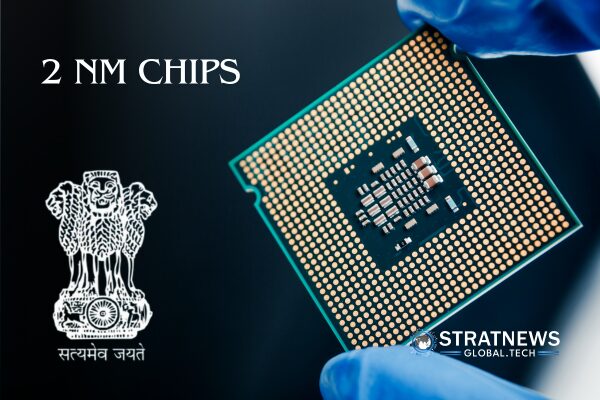India to Design 2 nm Chips in Bengaluru as ARM Opens New Office: Ashwini Vaishnaw
Union Minister for Railways, Information & Broadcasting, and Electronics & Information Technology, Ashwini Vaishnaw, inaugurated the new Bengaluru office of semiconductor design company ARM on Tuesday. Speaking at the event, he announced that the “most advanced chips used in AI servers, drones, and mobile phones — chips of 2 nanometres — will be designed here.”
The minister described the development as a significant milestone in India’s semiconductor journey, adding that the country’s long-term goal is not only to design and manufacture chips but also to produce the equipment and materials needed for them. He credited Prime Minister Narendra Modi with laying out a 20-year roadmap to build a strong foundation for India’s semiconductor sector.
Electronics Manufacturing on the Rise
Vaishnaw highlighted India’s rapid progress in electronics manufacturing, which has expanded six-fold over the past 11 years. The industry is now valued at ₹11.5 lakh crore, with exports growing eight-fold in the same period. Electronics have emerged as a key export category for India, reflecting its rising importance in the global market.
“This journey, which began with the assembly of mobile phones and laptops, is now advancing toward the production of models, components, and finished products,” the minister said. He stressed that the process is being pursued in a systematic manner to build a strong and sustainable ecosystem.
Building India’s Semiconductor Talent Pipeline
The global semiconductor industry is projected to grow into a trillion-dollar sector, and Vaishnaw underscored the urgent need for skilled talent. Currently, 278 Indian institutions and universities are engaged in semiconductor research and design. Students from 25 institutions have already designed 28 chips that have been successfully taped out.
India has completed the first phase of its Semiconductor Mission and is now preparing for the second phase, which will focus on producing the critical equipment and materials needed for chipmaking.
Earlier in the day, the minister reviewed high-precision components used in semiconductor equipment manufacturing. Carborundum Universal Ltd (CUMI) showcased specialised materials that are vital for producing semiconductor equipment.
Vaishnaw concluded by saying that India’s semiconductor growth story is creating opportunities for young engineers and positioning the country as a hub for innovation in next-generation chip design.


